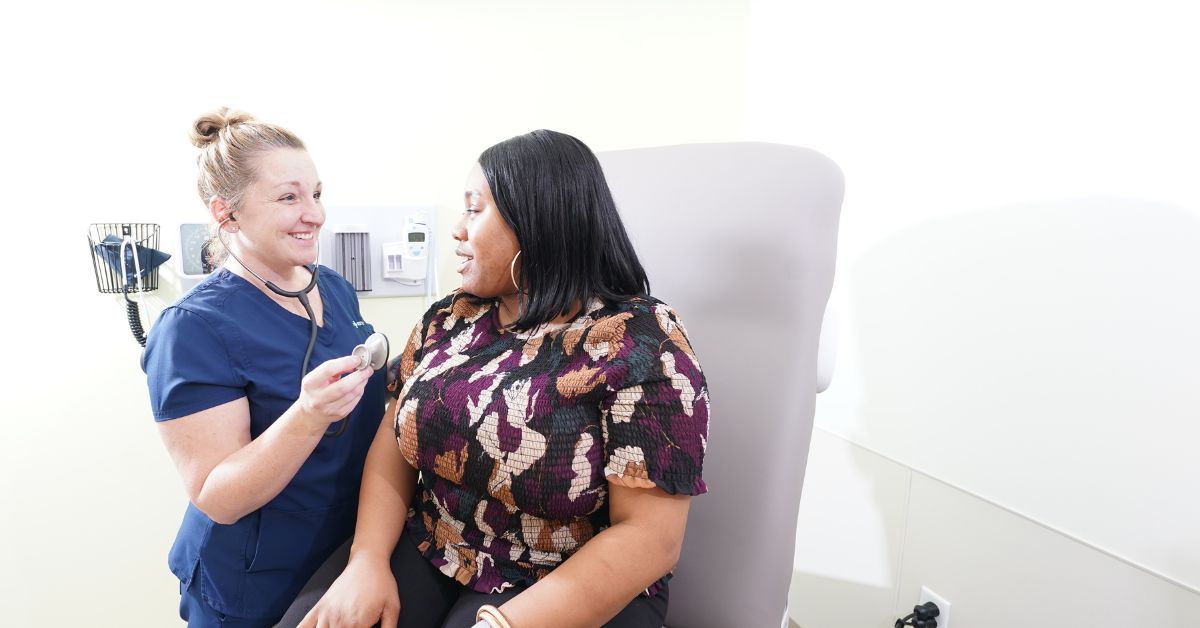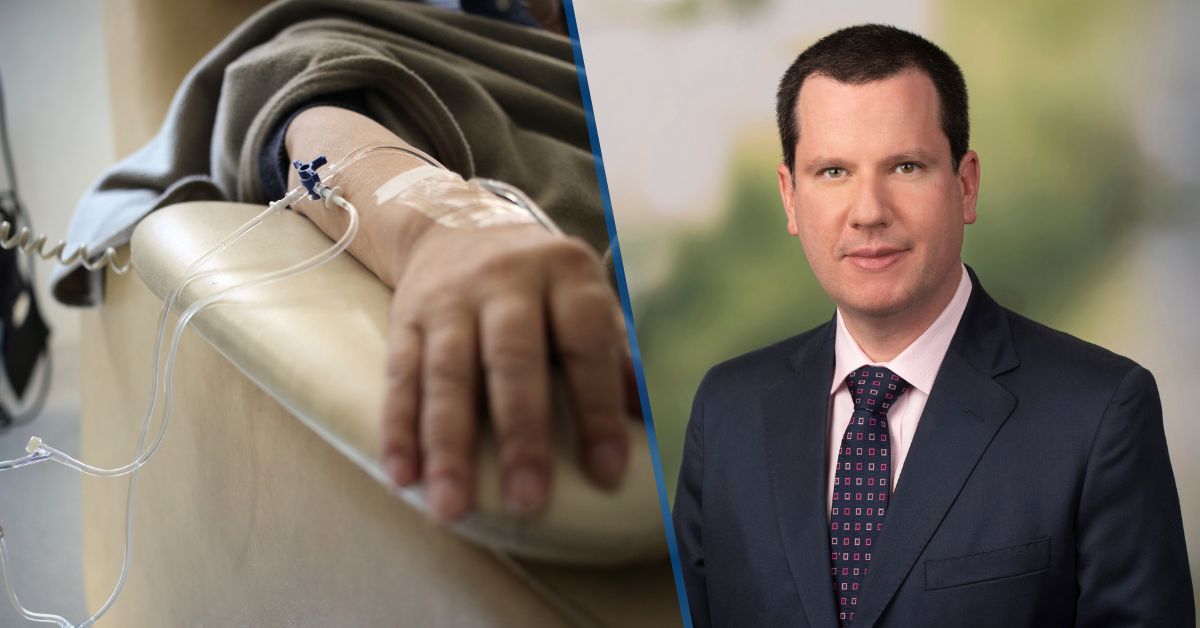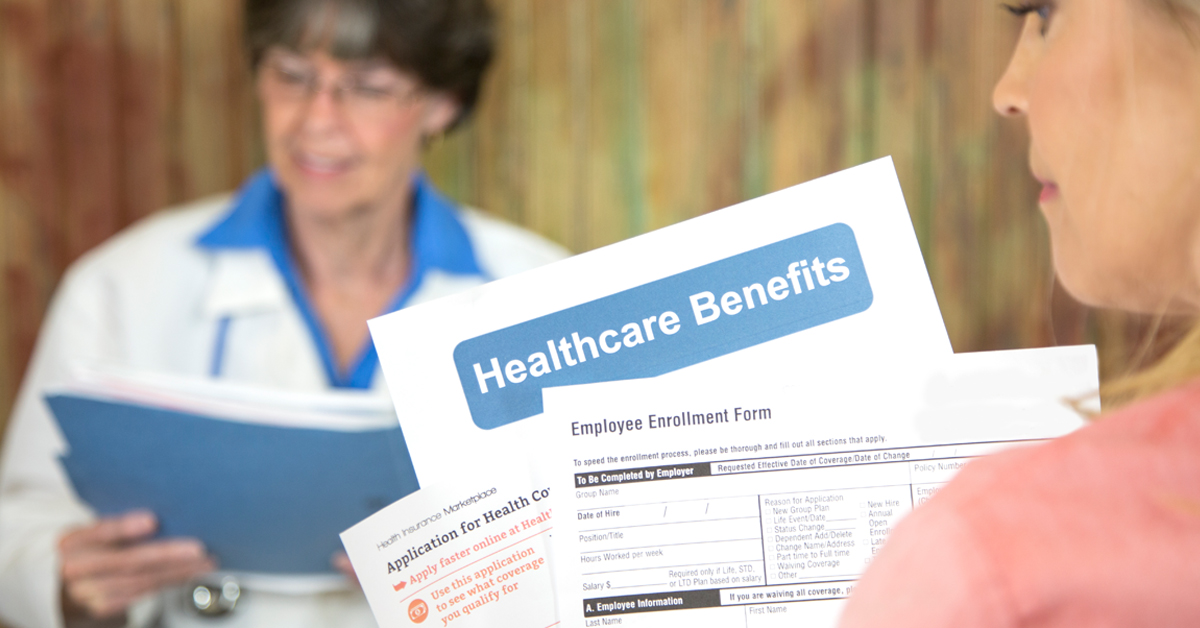The above photo is of a mural in the new violence prevention suite at Bon Secours St. Mary’s Hospital, an area where children who may be victims of abuse are interviewed.
April is Child Abuse Prevention Month, a time to raise awareness and take action to end child abuse. In 2020, approximately 618,000 children were victims of abuse and/or neglect in the United States, and tragically, about 1,750 children died from this abuse and neglect.
It is important to note that child maltreatment does not only occur at the hands of a parent. It can also occur at the hands of babysitters, relatives, school personnel or anyone involved in a child’s life.
“Child abuse prevention is the only way to give children what they deserve: a carefree childhood to grow and develop their view of the world through safe and secure eyes,” Shelby Moody, a victim services advocate with our Bon Secours Richmond Violence Prevention Team, shares.
Child abuse prevention is a public health issue because experiences during early childhood, including early exposure to trauma, have an impact on the brain that continues throughout the individual’s lifetime. This can then lead to involvement in the criminal justice system, substance abuse, maltreatment of future generations as well as physical and mental health problems.
Our Richmond Violence Prevention Team is sharing some important information about child abuse risk factors, prevention and how you can help.
Risk factors to look out for that may increase the likelihood of child maltreatment include:
- Alcohol abuse
- Domestic violence
- Drug abuse
- Financial problems
- Inadequate housing
- Reliance on public assistance
- Caregiver disability
When it comes to prevention, adopting protective factors may reduce the likelihood of child maltreatment.
Here are some examples of protective factors:
- Parents who are nurturing and attentive
- Understanding child development
- Being able to bounce back after difficult times
- Being connected to neighbors, peers, etc.
- Parents who have support and can ask for help when they need it
- Children who have strong coping skills
And finally, positive childhood experiences reduce the long-term impacts of childhood trauma.
Here are some ways you can foster these experiences:
- Being able to talk openly to a family member about emotions and feelings.
- Feeling heard, accepted and supported by family members.
- Believing that family members stood by them during a difficult time.
- Feeling safe and protected by an adult at home.
- Feeling supported by friends.
- Having a sense of belonging.
- Participating in community traditions.
- Having a relationship with at least one non-parent adult who takes genuine interest in you.
All of us have a role in preventing and ending child abuse and maltreatment.
Here is how you can help:
- Provide education about child development, screen for abuse/neglect and discuss alternatives to physical discipline.
- Refer to early intervention and home visiting programs whenever possible.
- When in doubt, call the Virginia CPS Hotline 800-552-7096.
Our Richmond Violence Response Team can be reached 24 hours a day, seven days a week via our emergency departments in the Richmond, Va. area.
You can also call us at 804-281-8184 or 804-281-8574 during normal business hours.





